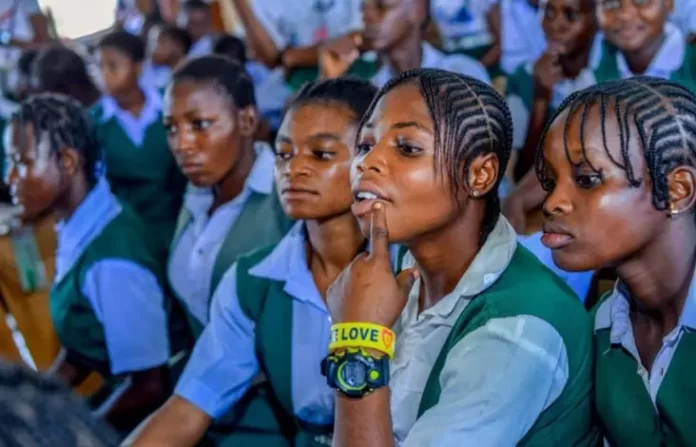Stakeholders have called on parents, the government and the society to empower the next generation, particularly in the face of educational and social challenges.
The stakeholders also expressed worry that interventions geared towards young people were either nonexistent or not strategic enough.
They raised the concerns at the 4th Annual Scientific Roundtable Series of the Centre for Integrated Health Programme, CIHP, with the theme, ‘The missing link: Reducing vulnerabilities of adolescents and young persons through sustainable interventions’.
In her presentation, Dr Bolanle Oyeledun, the Chief Executive Officer of CIHP, warned that there was a growing epidemic where the needs of young people were not being discussed, noting that addressing the vulnerabilities of young people was beyond policies.
She said, ”Before we come in as government or stakeholders, we are first parents and relatives, so we all have the collective responsibility to look at how to empower young people to stand on their own in society.
”Young people need life skills to help them deal with mental health issues, empower them to be financially literate and teach them how to deal with the challenges of life.”
Tasking the government to put life into its policies, Oyeledun said, “While policies exist to address these challenges, they need to be brought to life with intent and resources, rather than merely being discussed.”
“The overall message is a call to action for the government, parents and society to work together to empower the next generation, particularly in the face of educational and social challenges,’’ she said.
Meanwhile, the Deputy Director of the National Agency for the Control of AIDS, NACA, Dr Chukwugozie Ujam, also highlighted the importance of providing safe spaces for young adolescents where their complaints would be heard and acted upon.
He said that communities also needed to be empowered to know where to report their issues, noting that recent efforts had been made to improve police responsiveness to community concerns.
”The government’s role is to create a supportive environment where stakeholders can effectively do their work, this includes providing accurate and relevant information to young people and creating safe spaces where they can express themselves, report issues, and receive support,” he said.
Also, the Senior Technical Officer, Paediatric ART Lead at the APIN Public Health Initiatives, Dr Olujuwon Ibiloye, advised that issues affecting young people have to be identified first and all stakeholders co-opted into seeking solutions to the issues.
He noted that a systematic approach to addressing the vulnerabilities of adolescents and young people in the country must be adopted.
“So, from a policy angle, it starts from the agenda setting and the inclusion of all stakeholders identifying the issues and co-creating the solutions such that when the policy is eventually to be effective, there is ownership and there is commitment,” he stated.
Share your story or advertise with us: Whatsapp: +2347068606071 Email: info@newspotng.com










